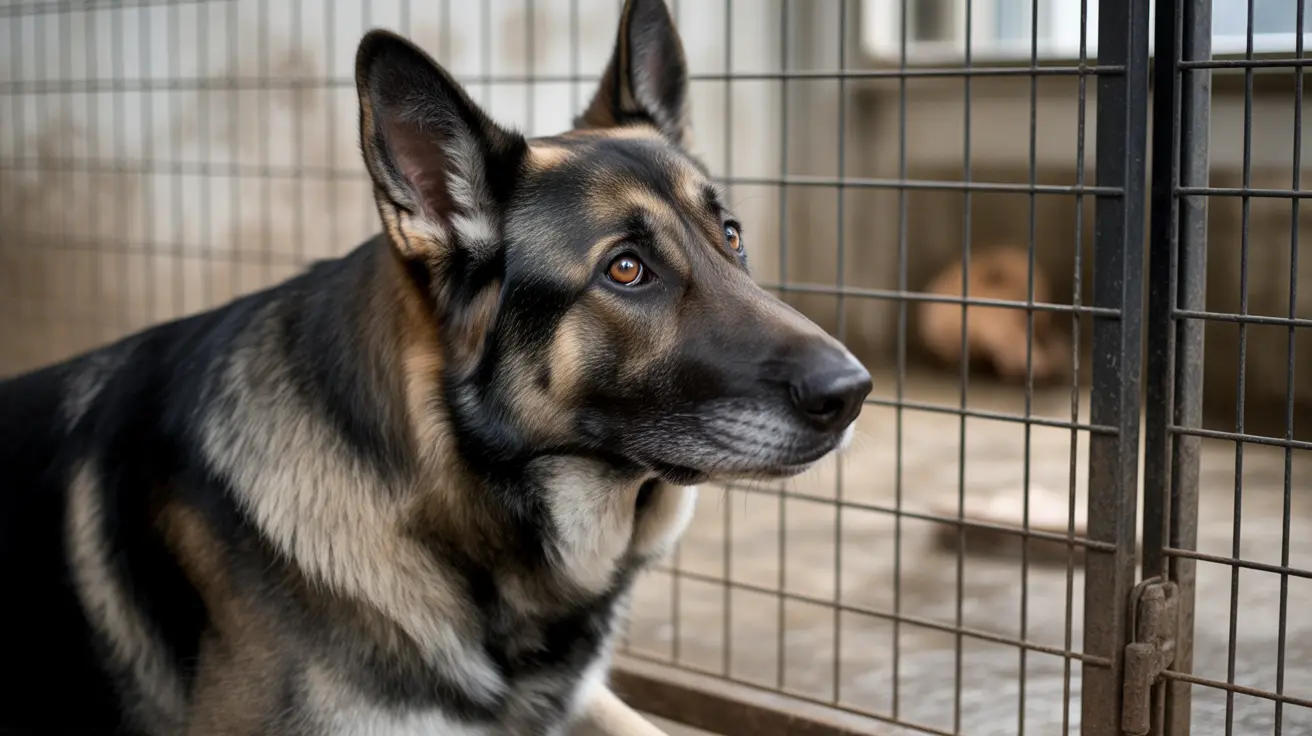When your beloved pet starts wheezing, it can be a concerning experience for any dog owner. Dog wheezing, characterized by a high-pitched whistling sound during breathing, can signal various health issues ranging from mild allergies to serious respiratory conditions. Understanding this common symptom is crucial for ensuring your pet's well-being and knowing when to seek veterinary care.
As responsible pet owners, recognizing the signs and causes of wheezing can help you make informed decisions about your dog's health. This comprehensive guide will explore everything you need to know about dog wheezing, from common triggers to treatment options and preventive measures.
Understanding Dog Wheezing: What It Is and Why It Happens
Dog wheezing occurs when there's a narrowing or obstruction in the airways that creates turbulent airflow, resulting in that characteristic whistling sound. This respiratory symptom can affect dogs of all ages and breeds, though some breeds are more susceptible than others due to their anatomical structure.
The sound may be more noticeable during inhalation or exhalation, and its intensity can vary from barely audible to quite pronounced. Understanding these variations can help veterinarians determine the underlying cause and appropriate treatment approach.
Common Causes of Dog Wheezing
Allergic Reactions and Environmental Triggers
Allergies are among the most frequent causes of wheezing in dogs. These can include reactions to:
- Pollen and seasonal allergens
- Dust mites and household dust
- Mold spores
- Certain foods
- Chemical irritants
Respiratory Infections and Diseases
Various infections can lead to wheezing, including:
- Kennel cough
- Bronchitis
- Pneumonia
- Upper respiratory infections
Structural Issues and Physical Conditions
Some dogs experience wheezing due to:
- Collapsing trachea (common in small breeds)
- Laryngeal paralysis
- Foreign body obstruction
- Tumors or masses in the airway
Identifying Emergency Situations
Certain symptoms accompanying wheezing warrant immediate veterinary attention:
- Severe difficulty breathing
- Blue or purple gums (cyanosis)
- Excessive drooling
- Collapse or extreme lethargy
- Persistent coughing with wheezing
Treatment Options and Management
Treatment approaches vary based on the underlying cause and may include:
- Antihistamines for allergic reactions
- Bronchodilators for airway constriction
- Anti-inflammatory medications
- Antibiotics for bacterial infections
- Surgery in severe cases of structural issues
Prevention and Home Care
While not all causes of wheezing can be prevented, several measures can help reduce its occurrence:
- Regular veterinary check-ups
- Maintaining a clean living environment
- Using air purifiers
- Avoiding known allergens
- Proper weight management
- Using harnesses instead of collars when walking
Frequently Asked Questions
What are the most common causes of wheezing in dogs?
The most common causes include allergies, respiratory infections, tracheal collapse in small breeds, and environmental irritants like smoke or strong perfumes. Foreign objects lodged in the airways can also cause sudden wheezing.
How can I tell if my dog's wheezing is an emergency that requires immediate veterinary care?
Seek immediate veterinary care if your dog shows signs of severe respiratory distress, blue or purple gums, excessive drooling, collapse, or if wheezing is accompanied by severe coughing or difficulty breathing.
What treatments are available for dogs that wheeze due to allergies, infections, or collapsing trachea?
Treatment options include antihistamines and environmental management for allergies, antibiotics for infections, and various medications or surgery for collapsing trachea. The specific treatment plan depends on the underlying cause and severity of symptoms.
How can I prevent or reduce wheezing episodes in my dog at home?
Preventive measures include maintaining a clean environment, using air purifiers, avoiding known allergens, keeping up with regular veterinary check-ups, and using harnesses instead of collars for dogs prone to tracheal issues.
When should I take my wheezing dog to the vet for diagnostic testing like X-rays or allergy tests?
Consult a veterinarian if wheezing persists for more than a few hours, becomes recurring, or is accompanied by other symptoms like coughing, lethargy, or difficulty breathing. Regular check-ups are also important for monitoring chronic conditions.
Remember, while some cases of dog wheezing may be mild and manageable at home, any persistent or severe respiratory symptoms should be evaluated by a veterinarian to ensure proper diagnosis and treatment.






